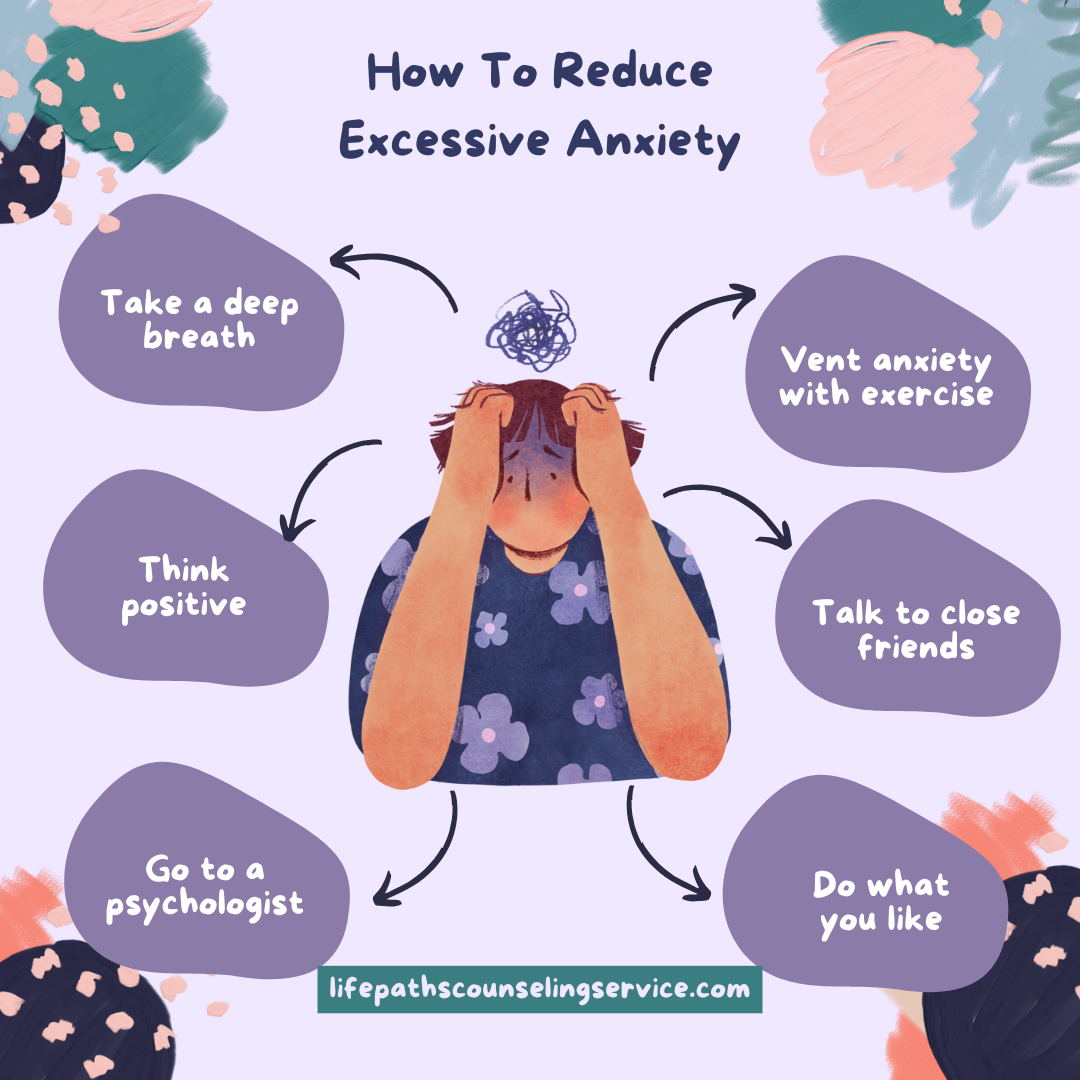How to Recognize and Treat High-Functioning Anxiety
Anxiety is often associated with visible struggles, such as panic attacks or social withdrawal, but not all anxiety looks the same. High-functioning anxiety is a less obvious form that can mask itself behind achievement, composure, and outward success. People with high-functioning anxiety may appear to have it all together, but underneath the surface, they are often grappling with constant worry, perfectionism, and an overwhelming fear of failure.
Understanding high-functioning anxiety is essential because it can silently affect mental and physical health, relationships, and overall well-being. Let’s explore how to recognize the signs of high-functioning anxiety and the steps you can take to address it effectively.

What is High-Functioning Anxiety?
High-functioning anxiety isn’t an official medical diagnosis but rather a term used to describe a form of anxiety that coexists with a high level of outward productivity and functionality. While someone with high-functioning anxiety may excel at work, maintain relationships, and fulfill responsibilities, their inner world is often marked by restlessness, self-doubt, and a relentless drive to prove themselves.
This type of anxiety often goes unnoticed or unaddressed because the person seems to be doing well on the surface. However, the internal struggles can take a significant toll over time.
Signs of High-Functioning Anxiety
Recognizing high-functioning anxiety can be tricky because many of its traits are often seen as positive. For example, being detail-oriented or highly driven might be praised, even if these behaviors are fueled by anxiety. Here are some common signs to look for:
- Overthinking and constant worry: A persistent need to analyze every decision and anticipate worst-case scenarios.
- Perfectionism: A fear of making mistakes, leading to an excessive focus on details or an inability to delegate tasks.
- Workaholism: Using work or productivity as a way to manage anxiety, often at the expense of personal time and self-care.
- Difficulty relaxing: Feeling restless or guilty when not being productive, making it hard to unwind.
- Physical symptoms: Chronic tension, fatigue, headaches, or stomach issues linked to stress.
- Fear of failure: A relentless inner critic that drives you to achieve but leaves you feeling inadequate, even after success.
- People-pleasing tendencies: Difficulty saying “no” and a strong desire to meet others’ expectations, often at your own expense.
While these traits may not disrupt daily life in an obvious way, they can lead to burnout, strained relationships, and a diminished sense of well-being over time.
The Impact of High-Functioning Anxiety
High-functioning anxiety often goes unnoticed by others, but it can feel exhausting for the person experiencing it. The constant pressure to perform, paired with an inability to relax, can result in chronic stress and emotional exhaustion. Over time, it may lead to:
- Physical health issues: Chronic stress can contribute to headaches, gastrointestinal problems, and sleep disturbances.
- Emotional strain: Feelings of overwhelm, irritability, or sadness may intensify if anxiety remains unaddressed.
- Struggles in relationships: People with high-functioning anxiety may unintentionally push others away or neglect personal relationships due to their intense focus on work or perfectionism.
How to Treat High-Functioning Anxiety
The good news is that high-functioning anxiety is treatable. A combination of self-awareness, therapeutic support, and lifestyle changes can help you manage symptoms and improve your quality of life.
- Acknowledge the Anxiety
The first step is recognizing that your high-functioning behaviors may be driven by anxiety. Reflect on how perfectionism, overthinking, or fear of failure might be impacting your well-being. - Seek Professional Support
Therapy can be incredibly helpful for understanding and managing high-functioning anxiety. Cognitive-behavioral therapy (CBT), for example, can help identify and challenge anxious thought patterns, replacing them with healthier ways of thinking. - Practice Mindfulness
Mindfulness techniques, such as meditation or deep breathing, can help you stay present and reduce the tendency to overthink. Regular mindfulness practice can also improve your ability to relax and manage stress. - Set Boundaries
High-functioning anxiety often comes with difficulty saying “no” or taking breaks. Learning to set and maintain boundaries is essential for protecting your mental and emotional health. - Prioritize Self-Care
Incorporate activities that nourish your body and mind into your daily routine. This might include regular exercise, adequate sleep, hobbies, or time spent with loved ones. - Challenge Perfectionism
Practice letting go of the need for everything to be flawless. Remind yourself that making mistakes is part of being human and doesn’t define your worth. - Focus on Progress, Not Performance
Shift your mindset from achieving perfection to celebrating progress. Recognize and appreciate your efforts, even if the outcome isn’t ideal.
Moving Forward with Awareness and Support
Living with high-functioning anxiety can feel isolating, but you don’t have to navigate it alone. By acknowledging your struggles and seeking support, you can break free from the cycle of overachievement and worry. Therapy, self-reflection, and intentional lifestyle changes can help you find balance and a greater sense of peace.
If you suspect you’re dealing with high-functioning anxiety, consider reaching out to a therapist. A supportive professional can help you uncover the root of your anxiety, develop healthier coping strategies, and rediscover the joy of living a more balanced and fulfilling life. Remember, it’s okay to ask for help—you don’t have to carry the weight of anxiety on your own.